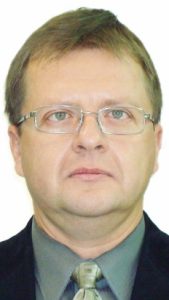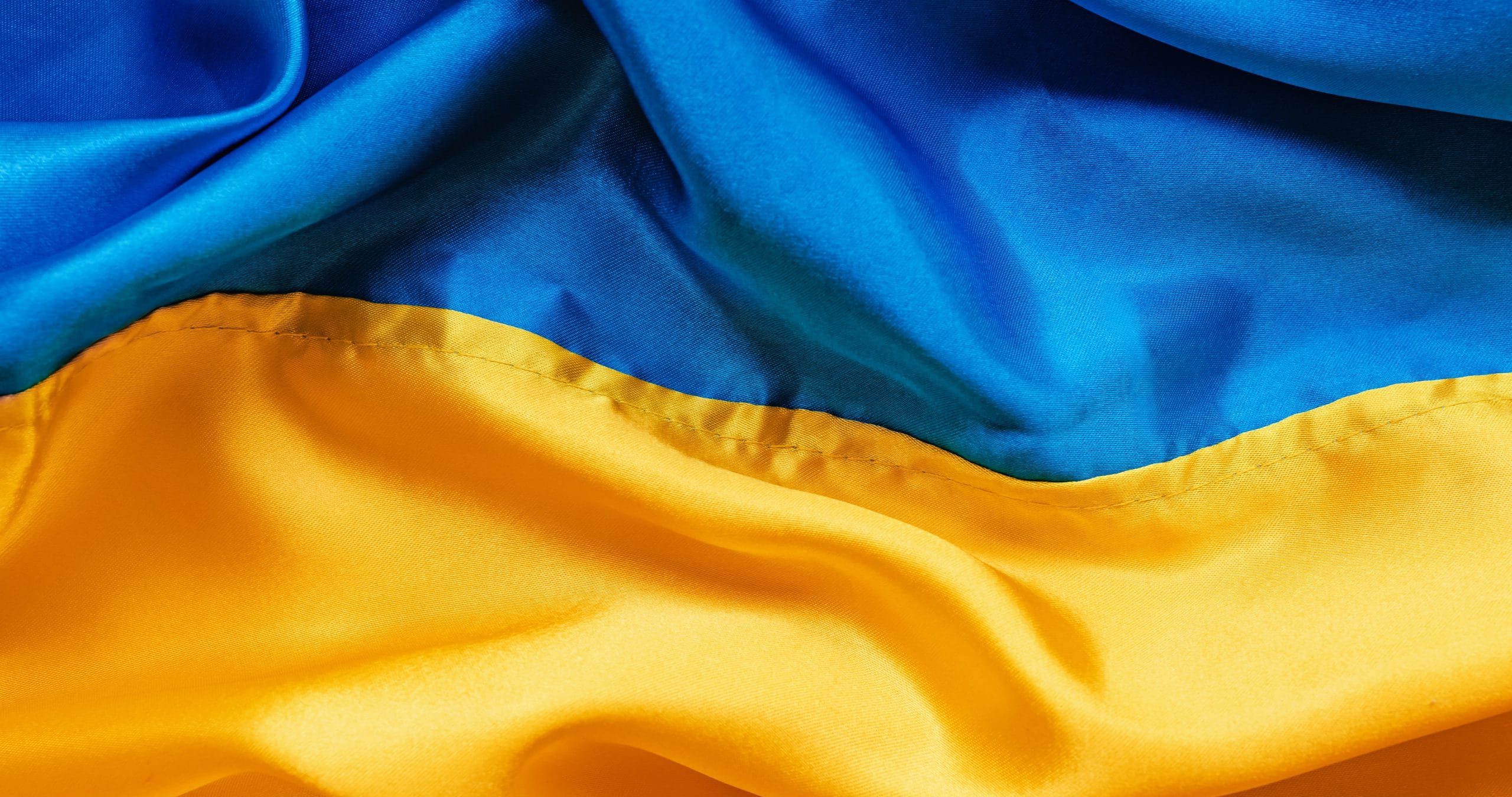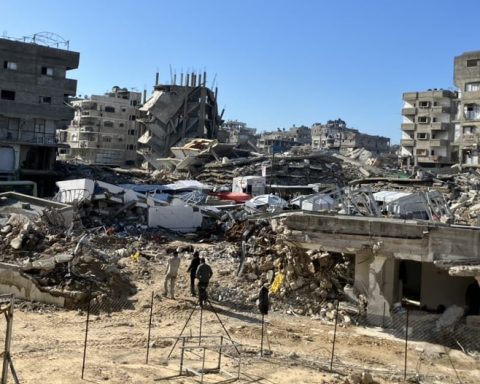 Oleksii Korzh is professor and head of department of general practice – family medicine at Kharkiv Medical Academy of Postgraduate Education, Ukraine, and a member of WONCA, RCGP and AAFP
Oleksii Korzh is professor and head of department of general practice – family medicine at Kharkiv Medical Academy of Postgraduate Education, Ukraine, and a member of WONCA, RCGP and AAFP
Wars are complex and lead to the breakdown of society, infrastructure damage, and economic impacts. Although it is too early to tell what consequences will occur in the wake of the war in Ukraine, our healthcare system will likely take a huge hit.
Primary care professionals have been on the frontlines of the Russian invasion, especially in eastern Ukraine, even continuing to work in ambulatories and clinics.
After the introduction of martial life, primary care doctors were transferred to work on-call shifts and provide remote counselling. All ambulatories have on-call medical offices, where family physicians and specialist doctors provide necessary assistance. Primary care physicians also vaccinate against COVID-19, vaccine preventable diseases and perform necessary tests.
Kharkiv and Kharkiv region were among the first areas attacked by Russia. From the first day of the war, Russian troops have been barbarically destroying civilian infrastructure and exterminating civilians in Kharkiv. Residential buildings, hospitals, schools and universities are still continually under air-strikes and bombing.
The whole process of family physicians’ work in Kharkiv and Kharkiv region has been reformatted in the name of security.
The whole process of family physicians’ work in Kharkiv and Kharkiv region has been reformatted in the name of security.
Consequently, our family doctors consult online or by phone. Those who need a personal appointment, come by prior arrangement with their doctor. Everyone is separated in time so that there are as few people as possible in the building of the clinic at a time. Those who do not have visits in the offices should always be in touch with patients, advise people through Viber cameras, and other messaging or communication channels.
Military logistics have been created. In one direction medicines and humanitarian supplies go from west to east of the country. In the opposite direction there is transportation of patients with serious diseases who have lost the opportunity to receive the necessary treatment due to hostilities. Significant assistance is provided by international partners supplying humanitarian goods (such as medicines), which are immediately redistributed to health facilities with the most critical need. There are separately formed packages of medicines, which in case of opening of humanitarian convoys are transferred to those territories where the invaders do not allow transportation by conventional logistics routes.
Family physicians are learning to be both psychologists and sub-specialists, because there is a lack of both.
Family physicians are learning to be both psychologists and sub-specialists, because there is a lack of both. With the beginning of the war, the following pattern emerged: those patients who remained have much easier attitude to treatment of somatic diseases. If we talk about chronic diseases, there is a sharp increase in patients with hypertension, who are sensitive and negative to stress, and in general with diseases of the cardiovascular system, including young people. Moreover, experienced patients complain that the drugs they have always taken do not remove the symptoms, their action is simply not enough.
Fear, anxiety, panic, in which people are currently around the clock, have the strongest impact on patients with kidney disease, gastrointestinal tract, coronary heart disease, diabetes. People with thyroid disease are very prone to stress. But, by and large, any chronic disease now easily turns into psychosomatic illness and becomes more complicated. We see this every day: unfortunately, the number of neuroses, depressions and hysterical syndromes has greatly increased.
In addition to medical work, the postgraduate training of family physicians at the department of general practice-family medicine of Kharkiv Medical Academy of Postgraduate Education continues using distance educational technologies. Teachers of the Department give lectures remotely, as well as conduct interactive seminars. Postgraduate education of primary care physicians during the war causes a change in approaches to the organization of the educational process, methodological training of teachers to implement innovations, facilitation of adaptation to learning, search and justification of forms, methods and technologies of distance learning.
Featured image by Diana Vyshniakova on Unsplash






